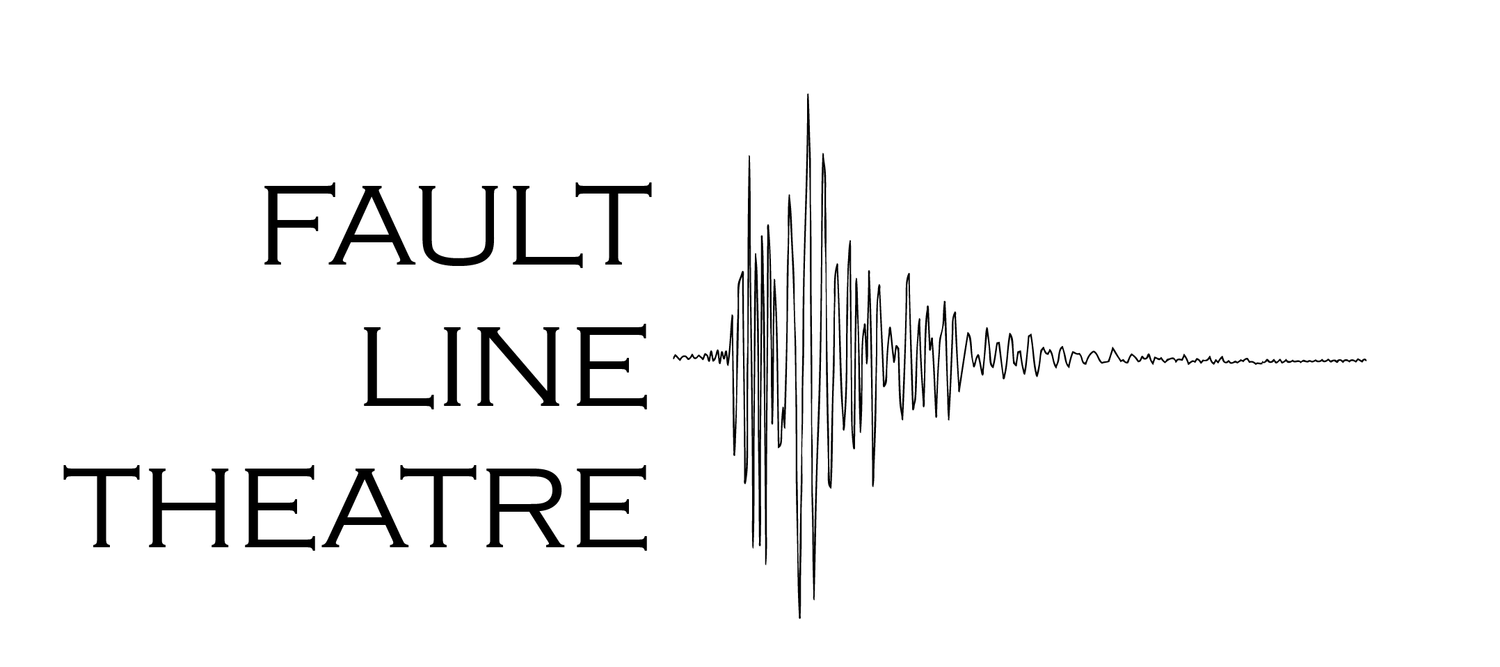Thank you to TheaterMania for the very kind words about Alix Sobler’s Hindsight.
Review: Hindsight Is 2016 When It Comes to Rush Limbaugh and the Fairness Doctrine
Alix Sobler's new play grapples with far more than the origins of our tribal politics.
By Zachary Stewart
Storytelling requires a certain amount of dishonestly. No story — certainly not a 90-minute play — can even fully convey the complexity of its subject, much less the vastness of the human experience. So sins of omission are committed, as are embellishments, rebranded as "poetic truth." Playwright Alix Sobler is acutely (and occasionally too cutely) aware of this in Hindsight, her metatheatrical romp through the deregulation of broadcast media, now making its world premiere at the Paradise Factory under the banner of Fault Line Theatre.
The play is ostensibly about the Reagan-era abolition of the Fairness Doctrine, the 1949 FCC rule that instructed holders of broadcast licenses to present controversial issues of public importance in a manner that is honest, equitable, and balanced. Looking back at this quaint attempt to mandate postwar media integrity from the perspective of 2021, we understand that those three adjectives can mean vastly different things to different people. Sobler is certain that when it comes to our present era of disinformation and discord, where even basic facts are the subject of vehement disagreement, all roads lead back to 1987 — when the FCC voted to scrap the rule, paving the way for hours of partisan talk radio and launching the national career of Rush Limbaugh.
We know because she tells us as much. "Hi, I'm the playwright," Sobler says at the top of the play to a woman in the front row. Sobler plays herself, or at least a version of herself called "The Playwright." She remains our constant companion throughout, interjecting asides and explainers, like Clippy in grad student drag (simple and effective costumes by Dina El-Aziz).
This metatheatrical conceit is at times helpful (when she explains who is playing whom), baffling (when she instructs the ensemble to tell the story of the 7-7-7 rule in the style of melodrama), and irritating (when she rings a bell every time one of her characters says something that is "true").
It is never dull, though, thanks to a zippy production directed by Aaron Rossini. Tristan Jeffers's open scenic design allows us to leap across time and place, with Chad Raines's evocative sound design filling in the gaps. All of these elements undergird excellent performances from a highly committed cast.
While they slip in and out of roles as needed, they primarily portray the folks in the room where it happened: There's 37-year-old FCC Chairman Dennis Patrick (Craig Wesley Divino, armed with a weaselly smile). He takes his orders straight from the Gipper, and he wants the Fairness Doctrine gone. He'll have to win over Commissioner James H. Quello (a passionate Daniel Pearce), who is worried about waning competition in the market. Commissioner Patricia Diaz (a no-nonsense Andrea Abello) thinks it is a free speech issue, and the government has no right to dictate content. Commissioner Mimi Weyforth Dawson (a very funny Lynnette R. Freeman) is inclined to agree, but she's still bitter about losing the chair to a younger man.
And then there's attorney Richard Bozzelli (Luis Vega, playing your favorite high school social studies teacher), who delivers a convincing presentation on how a broadcaster with a vested interest in creating controversy where there is none might use the Fairness Doctrine to present "both sides" of a settled debate. When one considers the reporting on climate change by media behemoths like News Corp. and Sinclair Broadcast Group, it's hard not to see his point.
Like a lower-stakes spin on Twelve Angry Men, they debate in the leadup to the fateful vote. But this scene is repeatedly overtaken by another: a boozy Thanksgiving sometime after the election of Donald Trump, where the playwright's family almost comes to blows over politics. The implication is clear: The decision taken in 1987 has had dire consequences for the state of political discourse in our republic.
Of course, the Fairness Doctrine only ever applied to broadcast radio and TV. It never regulated print media (itself the subject of corporate consolidation). Nor could it account for the way Americans increasingly see political affiliation as a marker of tribal identity, creating a market for both conservative blowhards like Rush Limbaugh and liberal scolds like Don Lemon. And how could a rule that was already obsolete in the late '80s, with the advent of cable, ever stop the tidal wave of bullshit that is the Internet?
To her credit, Sobler recognizes this, questioning her own certainty that the Fairness Doctrine was the Jenga piece that caused the whole tower of American civility to come tumbling down (if such a thing ever existed). Perhaps this is just a story good liberals tell themselves, a meme that explains away the cultural rift in one's own family in the few seconds it takes to flash by on one's news feed. The truth is a lot more complicated than that. But if more people were willing to probe their own seemingly unshakable beliefs, maybe we could start rebuilding that civility, block by block.

